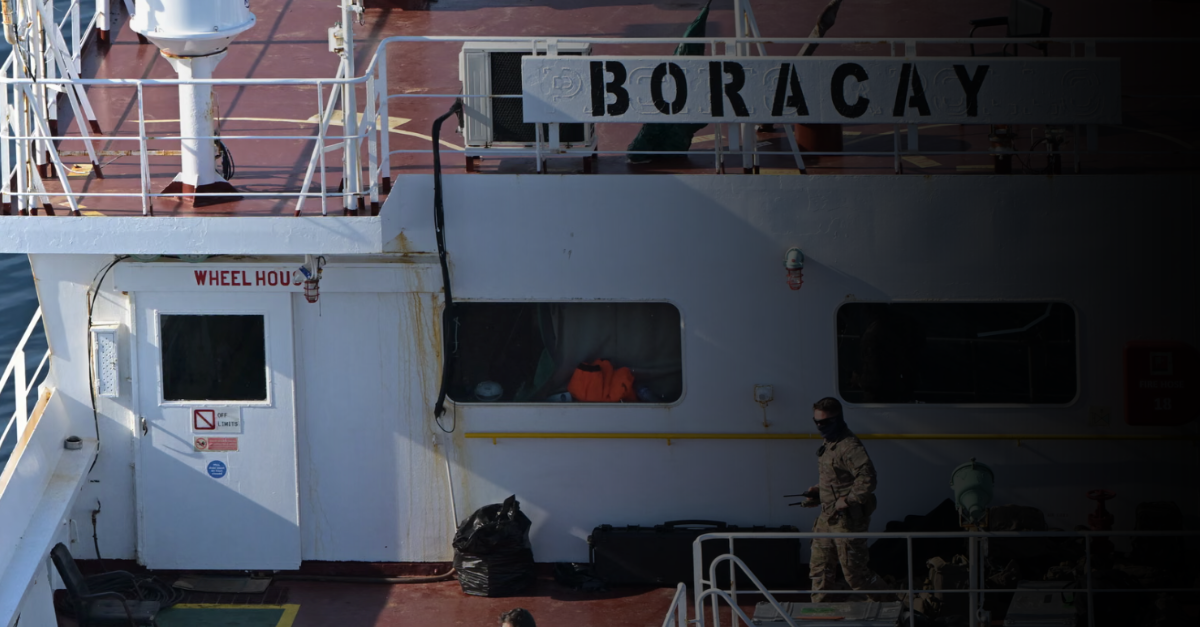Shadow fleet interception reveals hidden supply chain risks

The French Navy’s detention of the oil tanker Boracay on 1 October 2025 highlights a growing vulnerability in global supply chains: the deliberate use of shadow fleet vessels to evade sanctions and disguise ownership, exposing companies to serious compliance, reputational, and operational risks.
The Boracay, carrying 750 000 barrels of Russian crude oil from Primorsk to India under a Benin flag, had previously operated under several names — Pushpa, Kiwala, and Varuna. It appears on UK and EU sanctions lists as part of Russia’s covert export network. French forces detained two crew members after the ship’s nationality and ownership could not be verified.
The case gained urgency after mystery drones disrupted Danish airports in late September, with naval analysts linking the Boracay to vessels possibly involved in hybrid reconnaissance activity.
Shadow fleet vessels obscure ownership and flag identity to bypass sanctions and continue restricted trade. They often share clear warning signs:
In April 2025, Estonian authorities detained the Boracay (then Kiwala) over a contested registry. Such incidents illustrate how fast-changing vessel identities make traditional due diligence ineffective.
The Boracay case underscores how sanctions evasion extends beyond governments and shipping lines. It directly affects any company relying on maritime logistics.
Europe now faces what Danish Prime Minister Mette Frederiksen called a “hybrid war,” where commercial vessels can double as instruments of state influence or sabotage.
Key risks for businesses include:
Even legitimate transactions can carry hidden exposure when partners fail to verify vessel identities or beneficial ownership.
As noted in our first article on managing sanctions risk, traditional compliance checks are no longer enough. Spreadsheet-based audits or annual verifications cannot keep up with vessel re-registration and sanctions updates.
Modern sanctions compliance requires:
Factlines helps organisations build sanctions resilience directly into supplier and logistics workflows. Our platform uses structured self-assessment questionnaires (SAQs) and automated follow-ups to transform supplier data into actionable risk intelligence.
With Factlines, companies can:
Collecting supplier data is only the first step. The value lies in continuous risk management:
These functions enable organisations to move from reactive compliance to proactive risk mitigation, identifying shadow fleet exposure before authorities or media do.
The Boracay incident will not be the last. As sanctions frameworks expand and geopolitical tensions deepen, shadow fleets will continue to challenge corporate due diligence.
Companies that integrate structured supplier assessments and automated monitoring into procurement and shipping decisions are better protected from disruptions and reputational loss.
Book a demo to discover how Factlines simplifies sanctions compliance and enhances supply chain risk management.